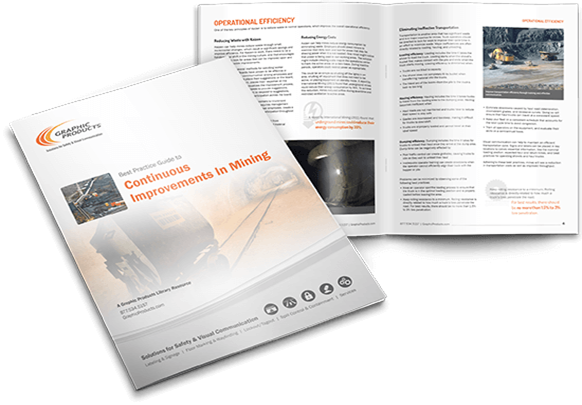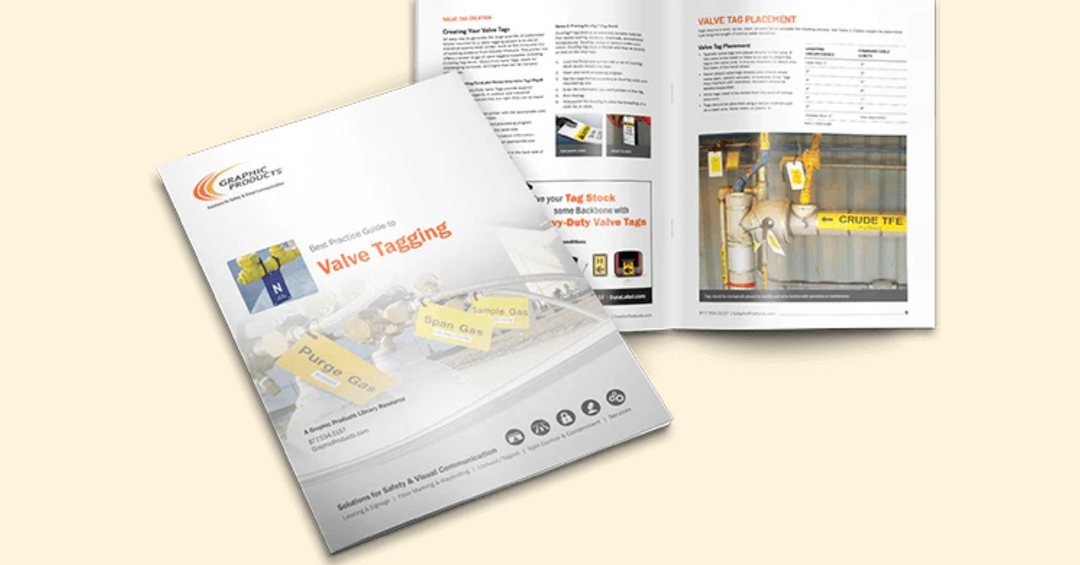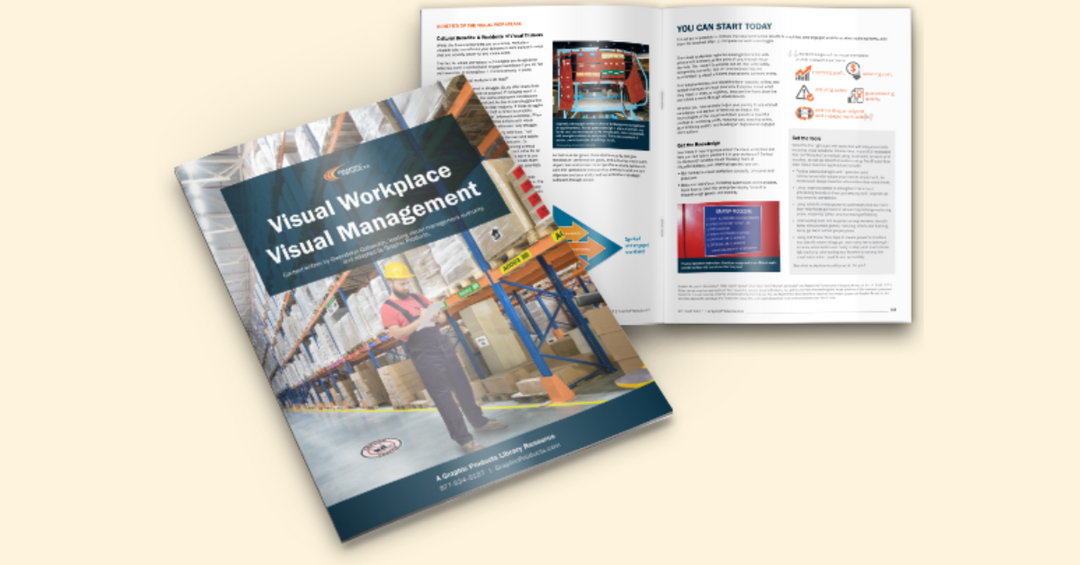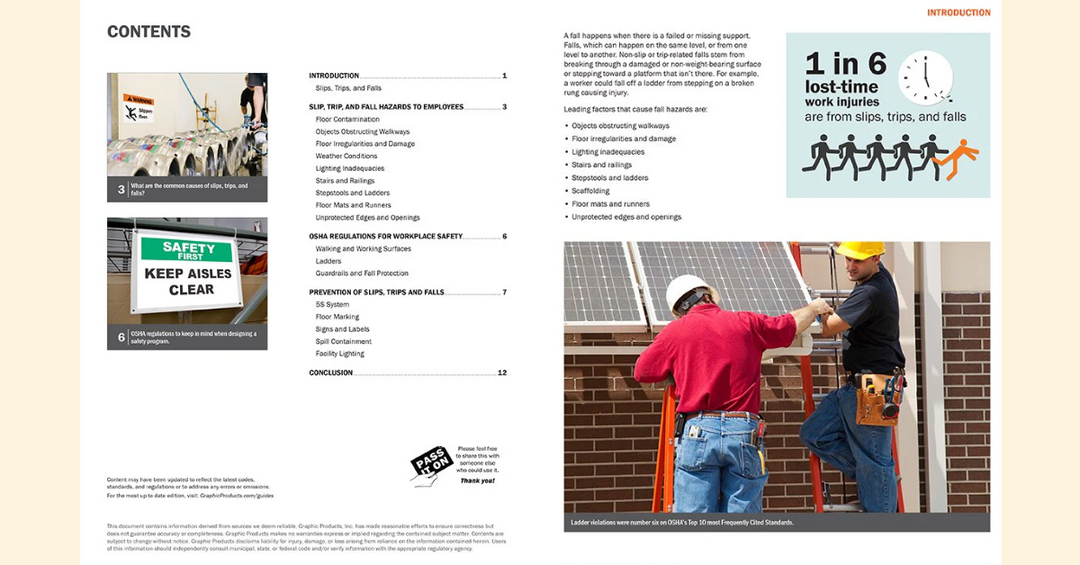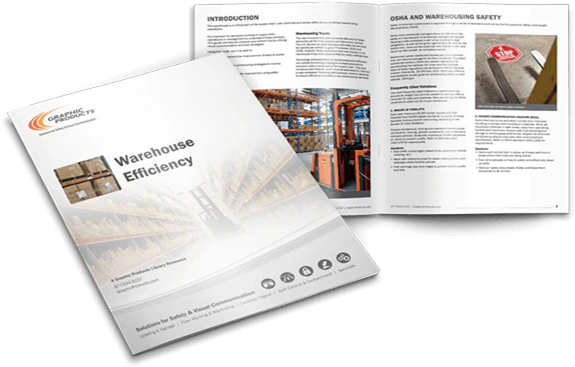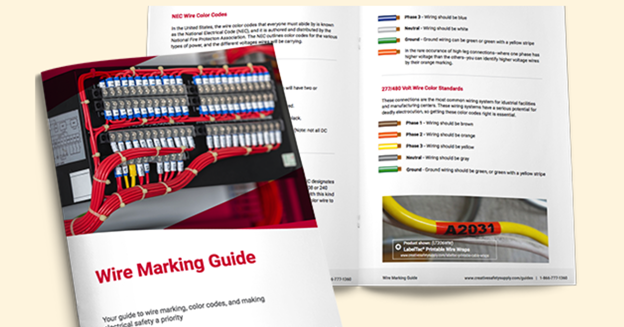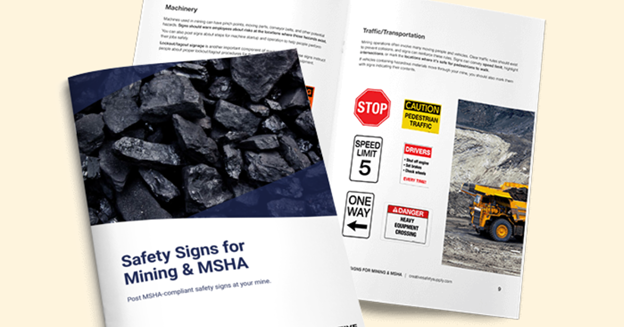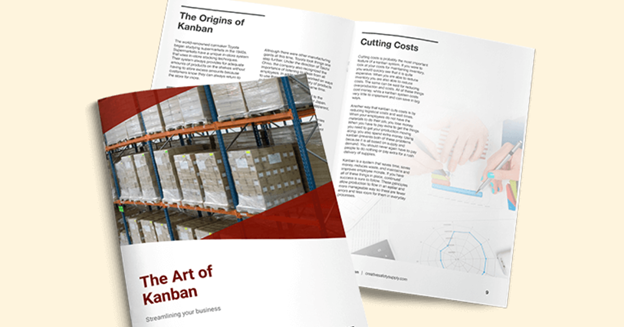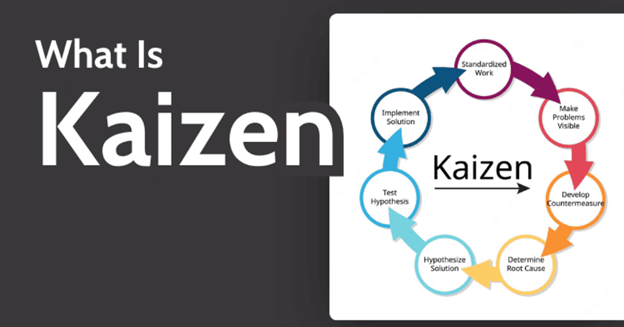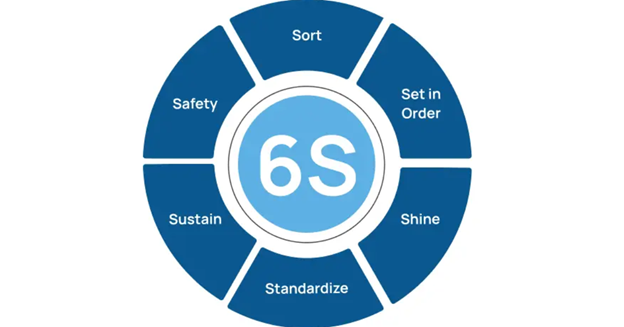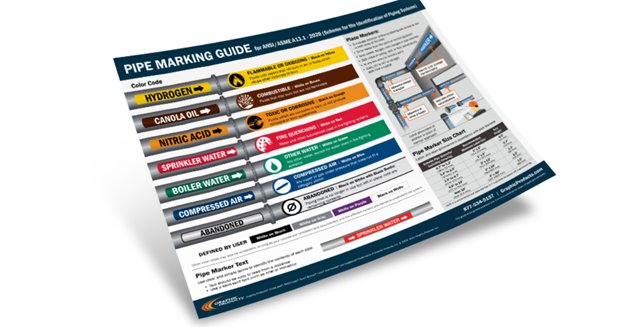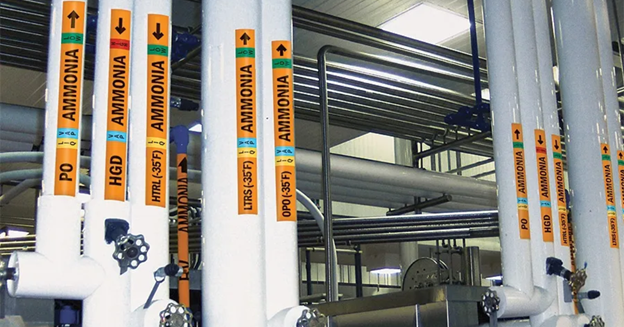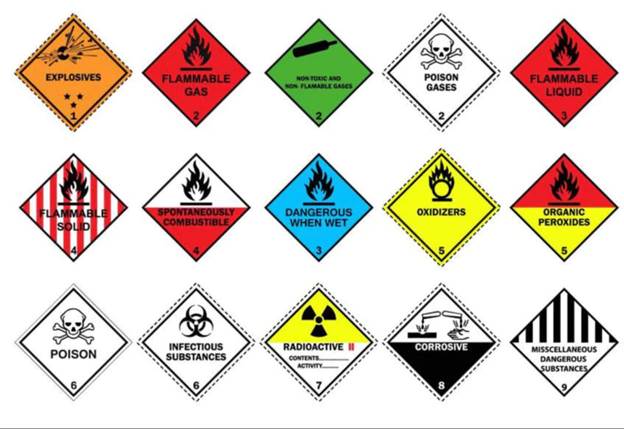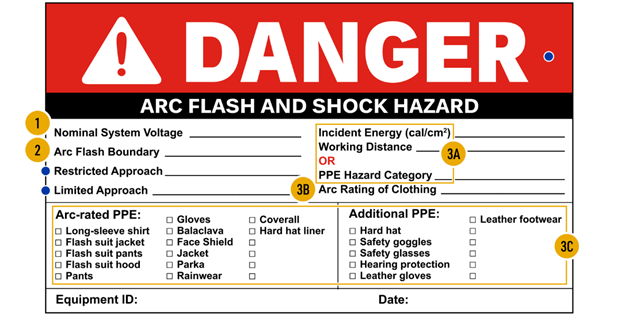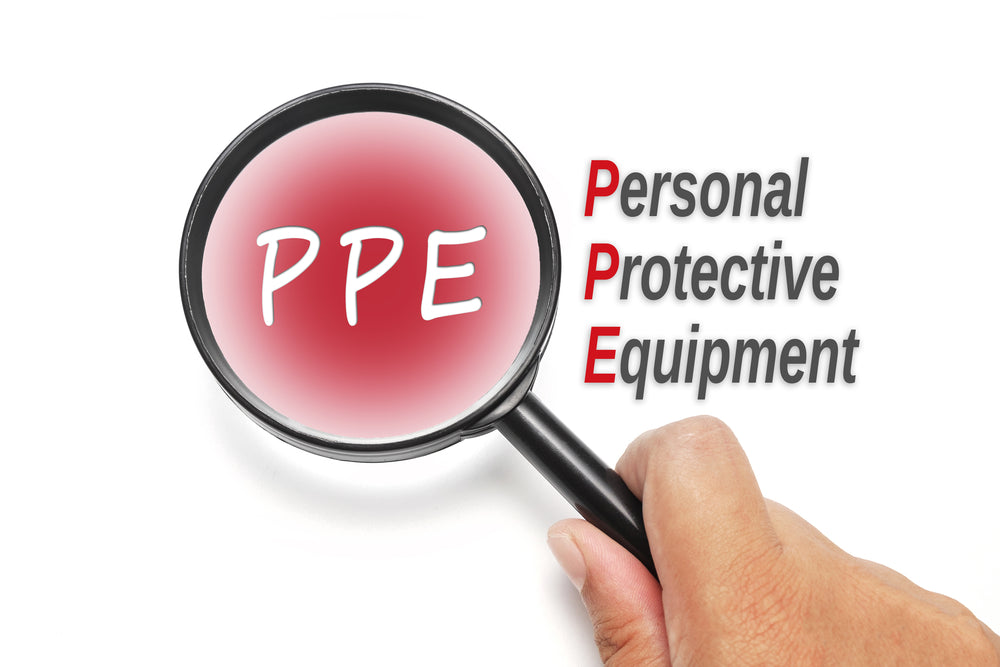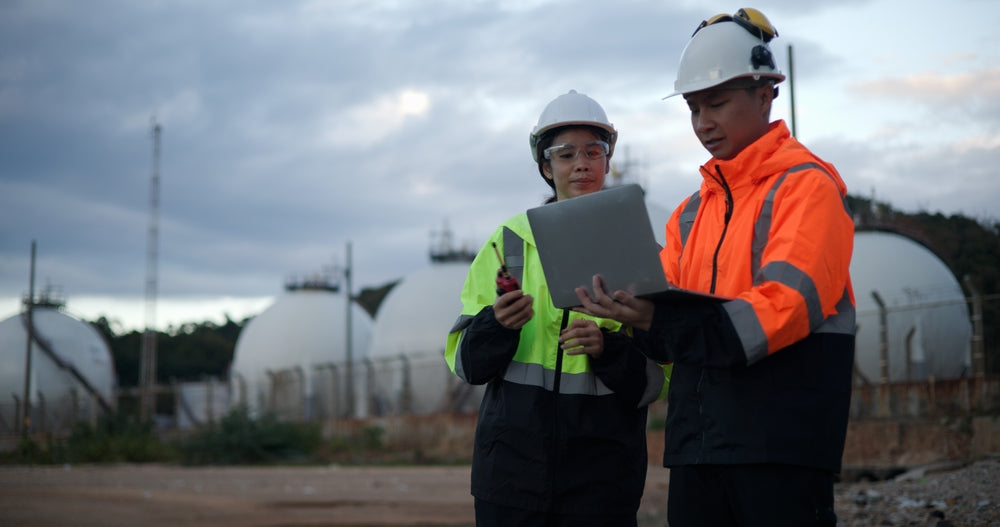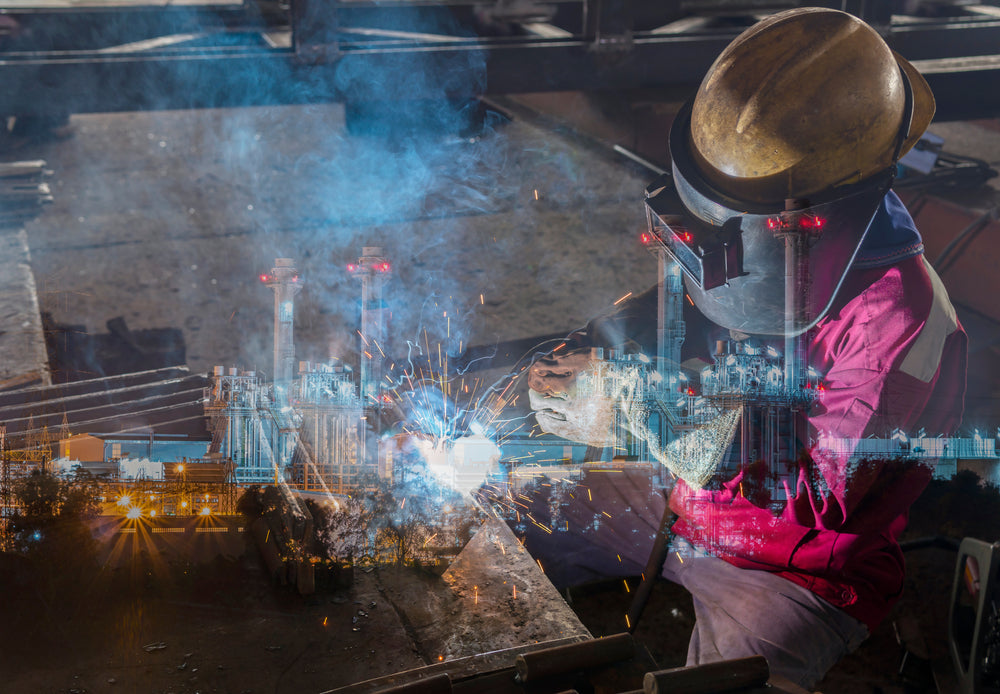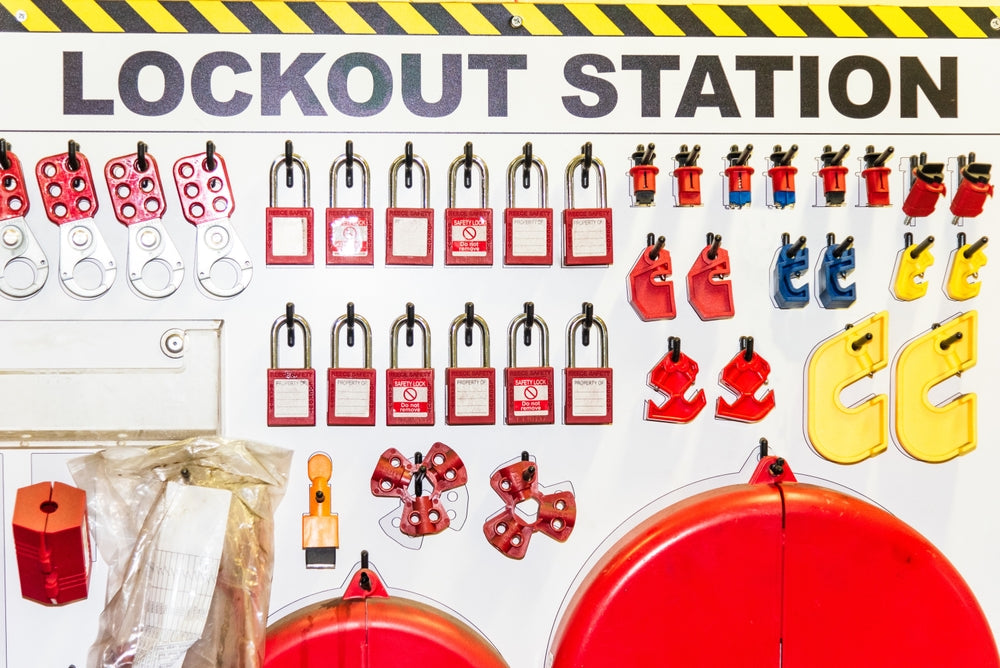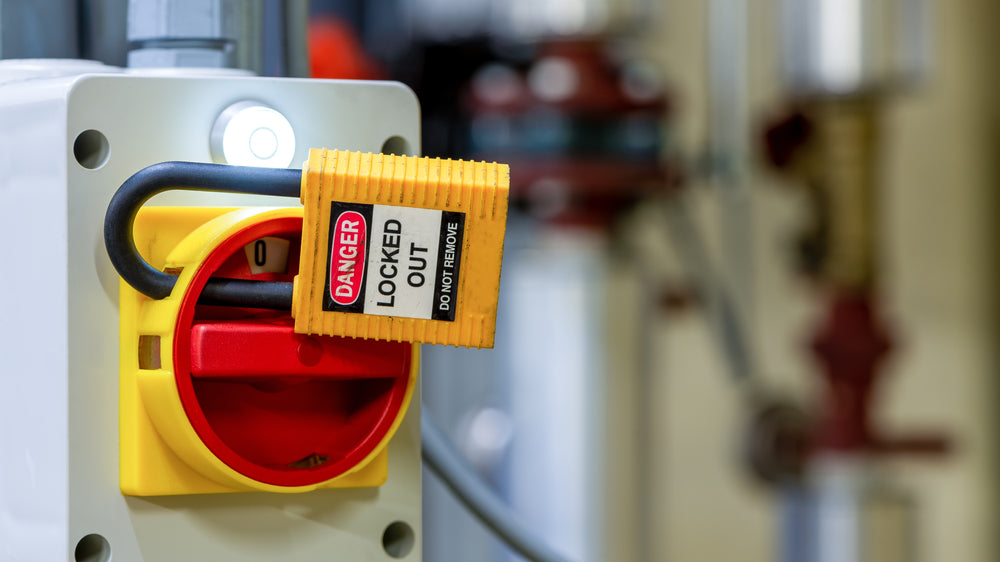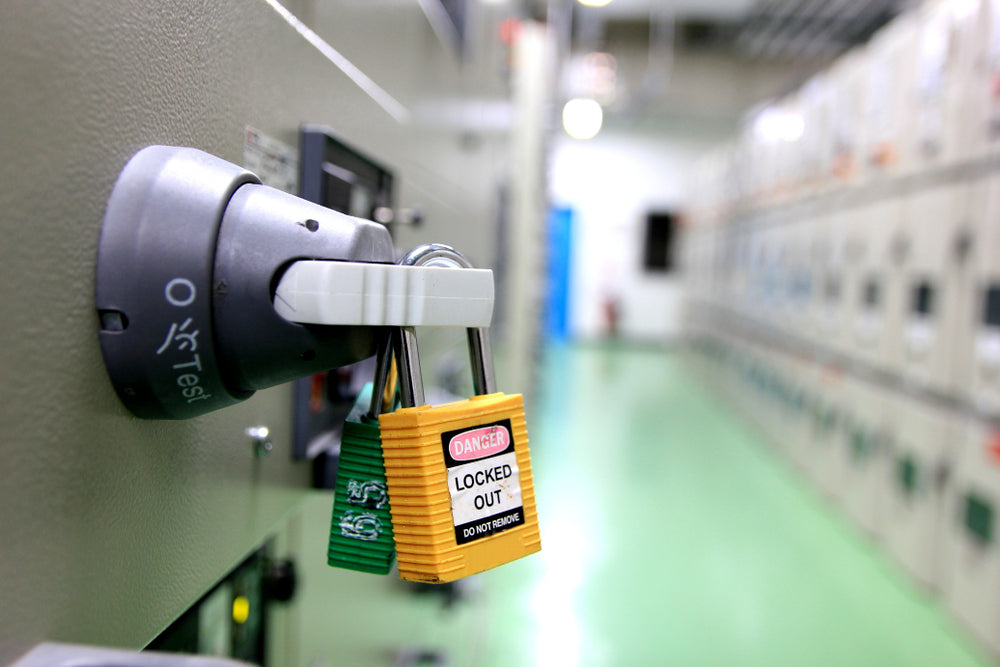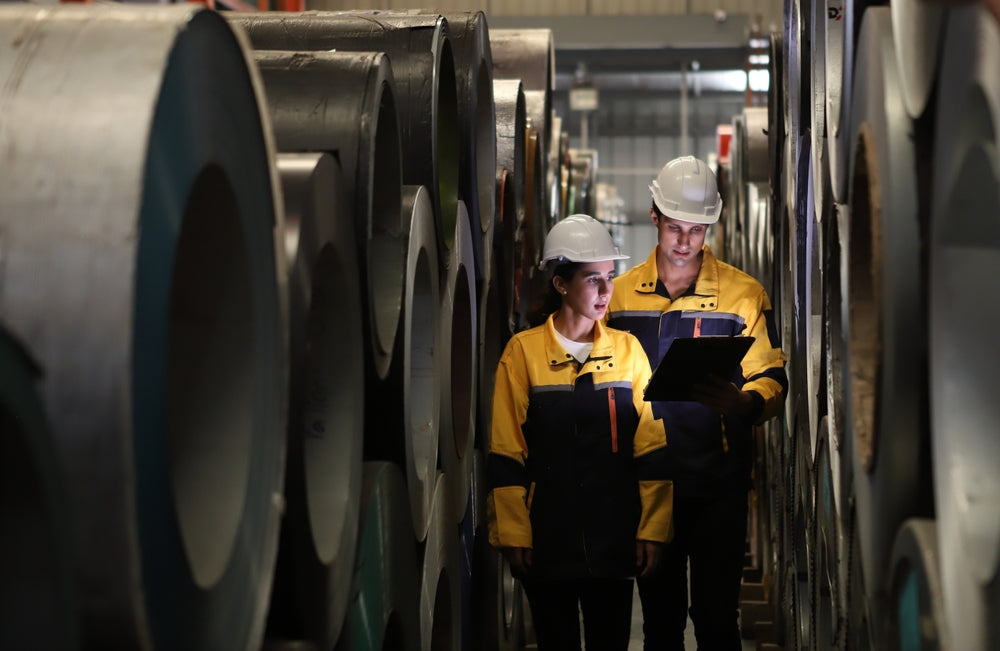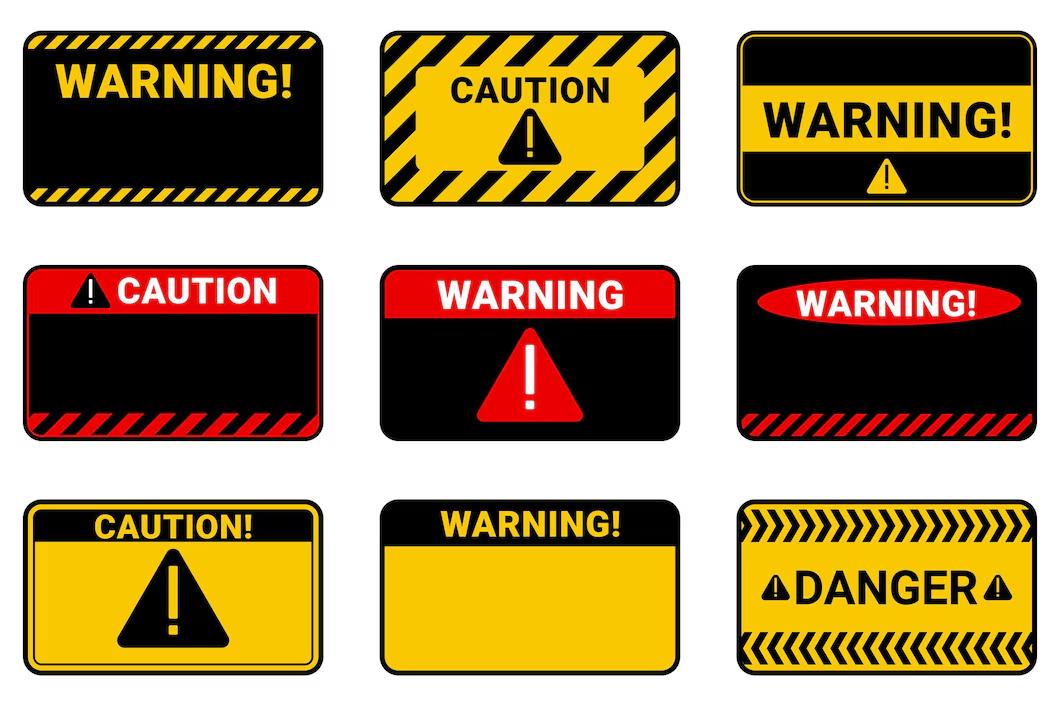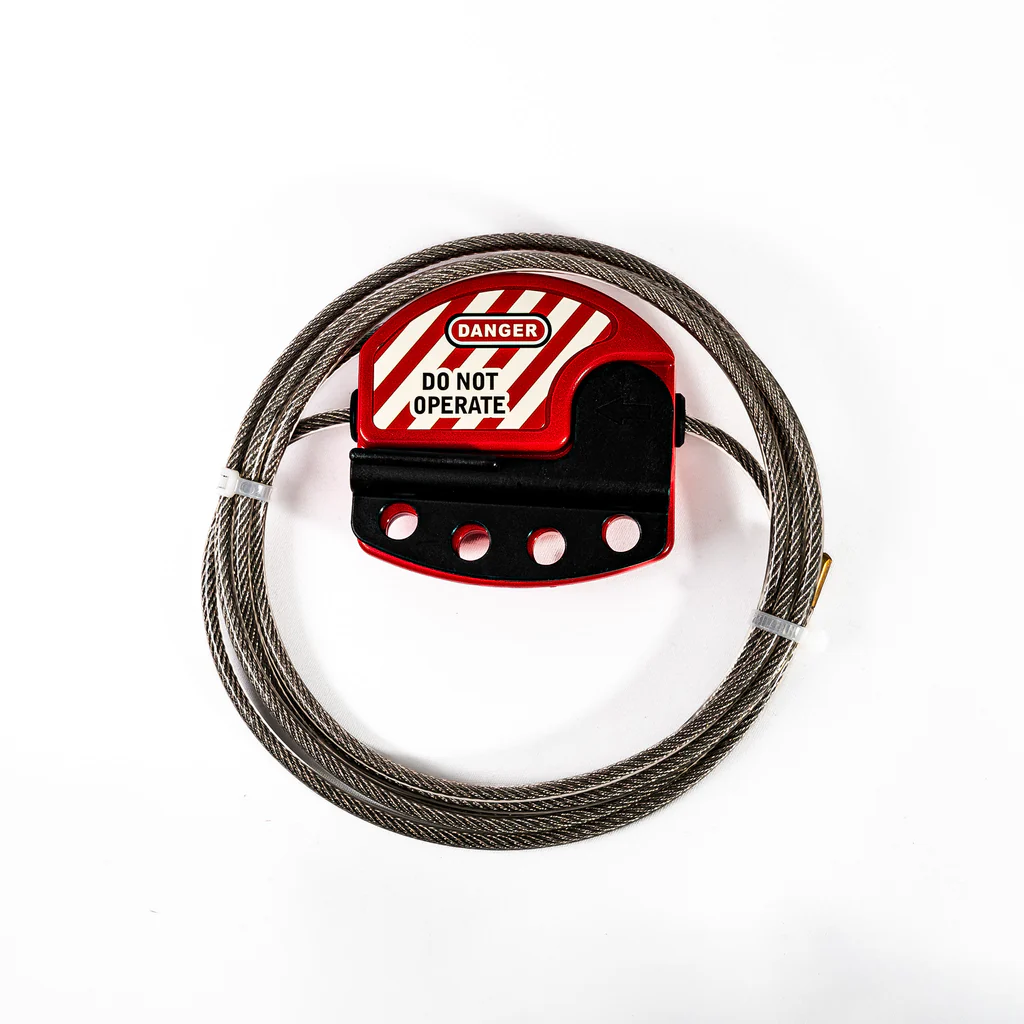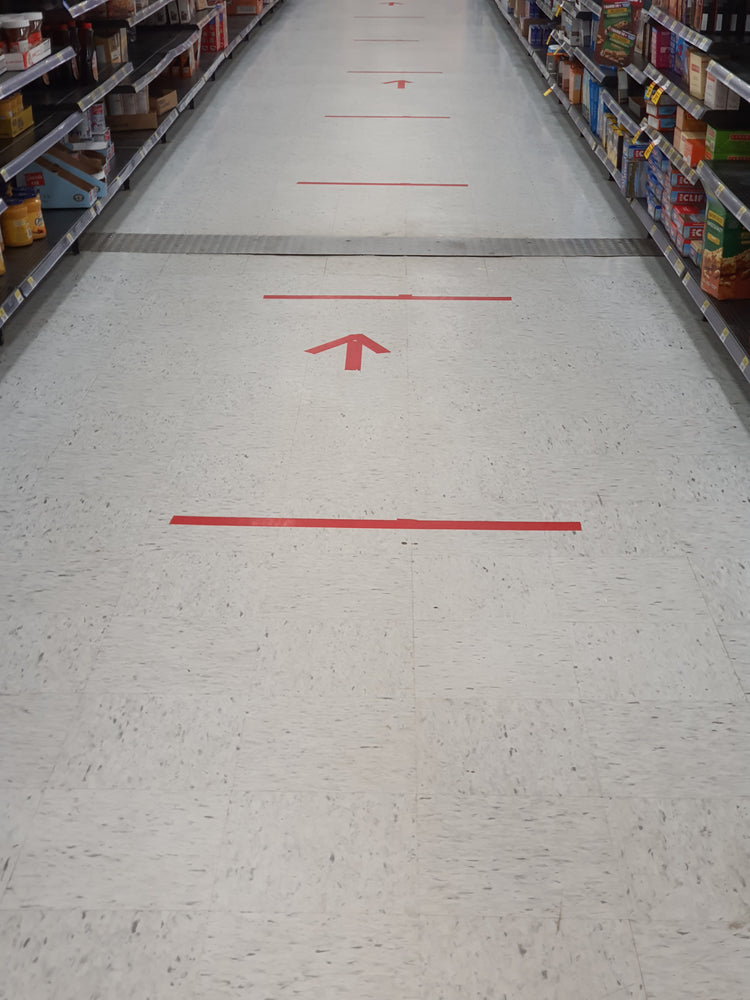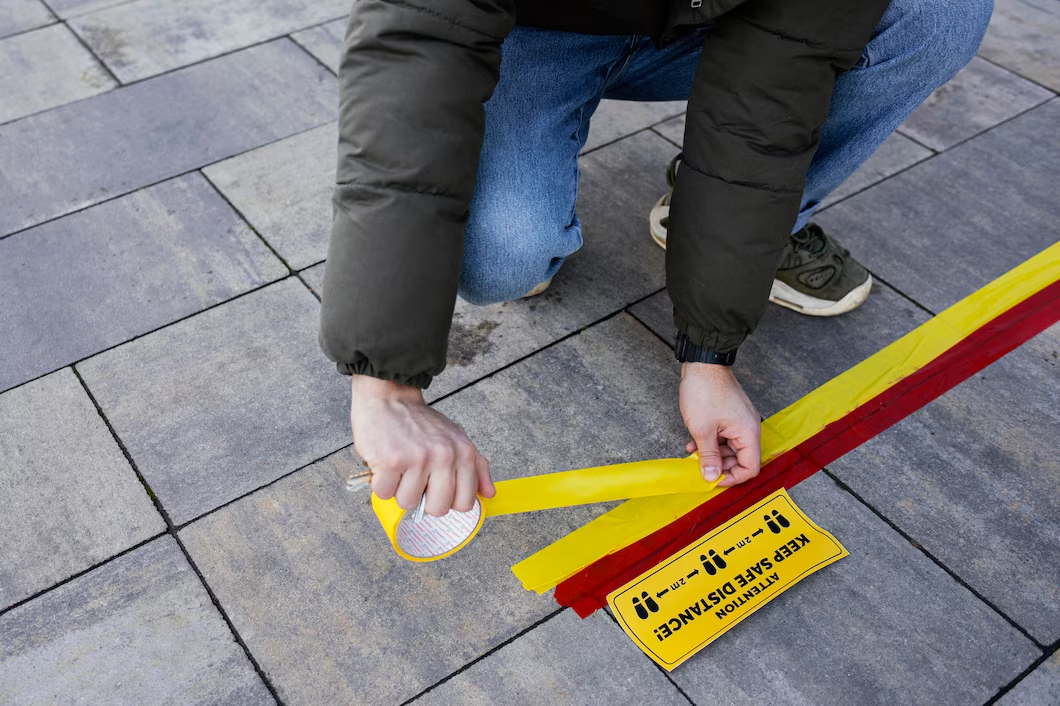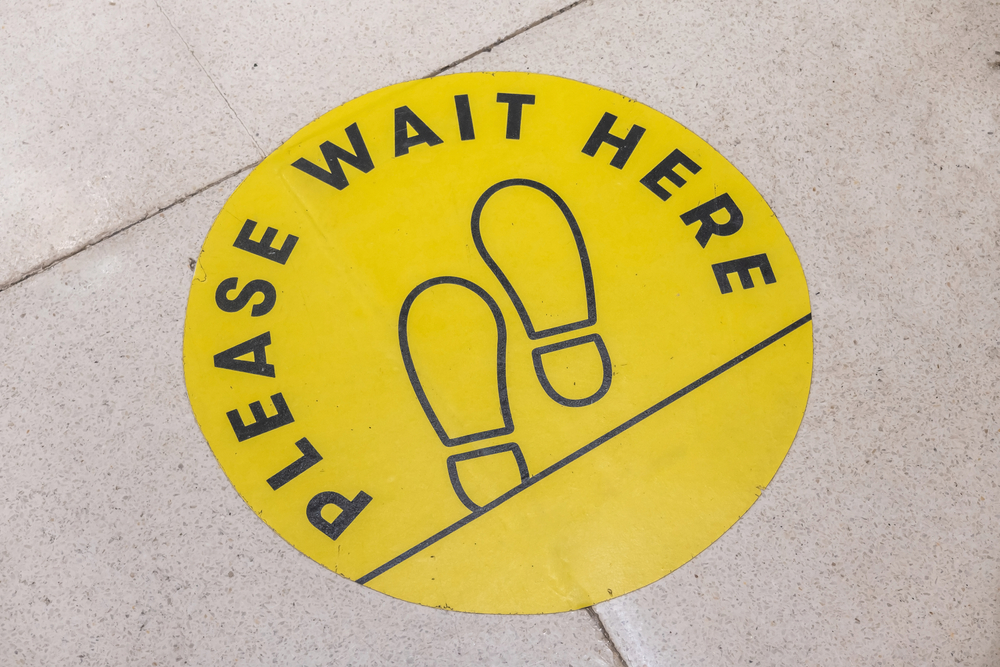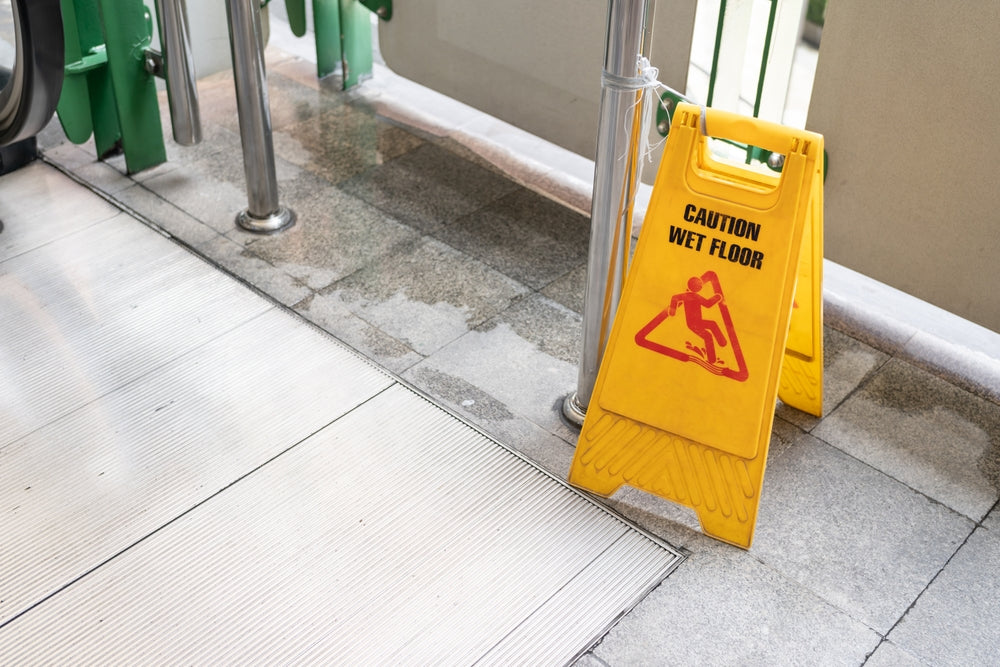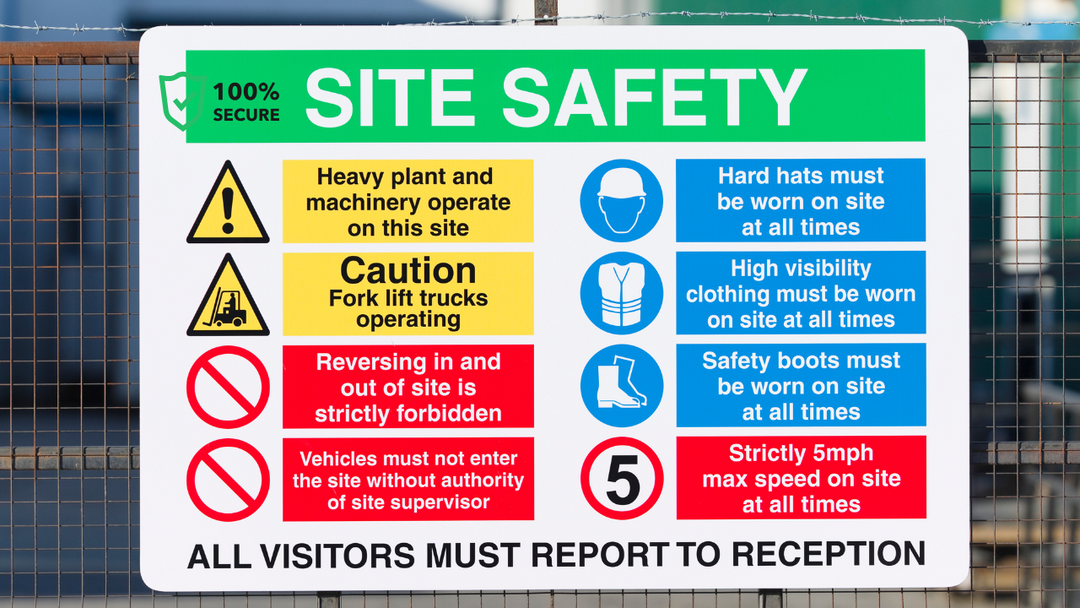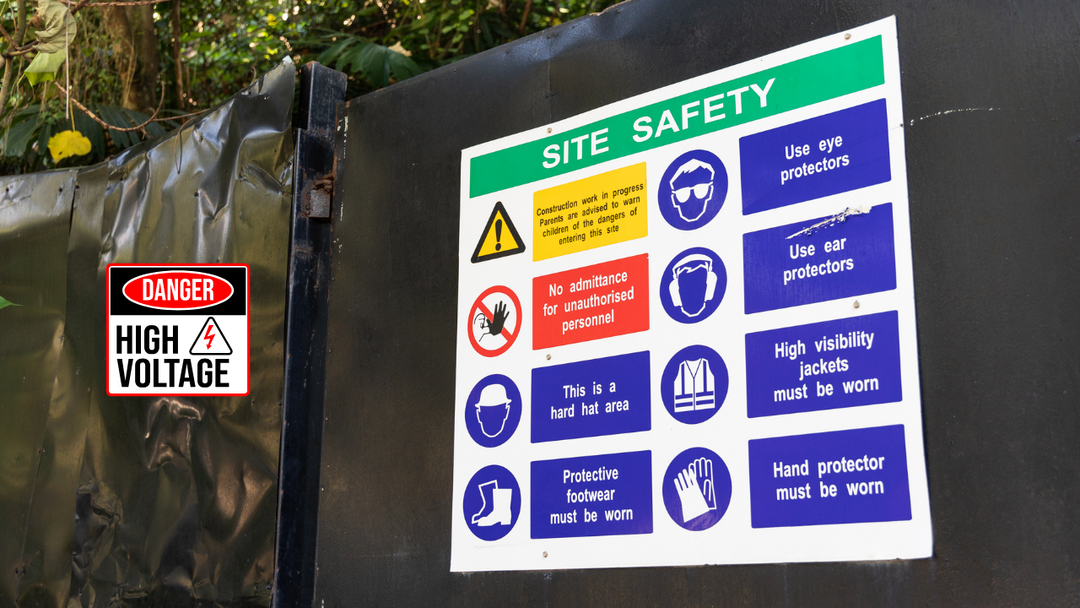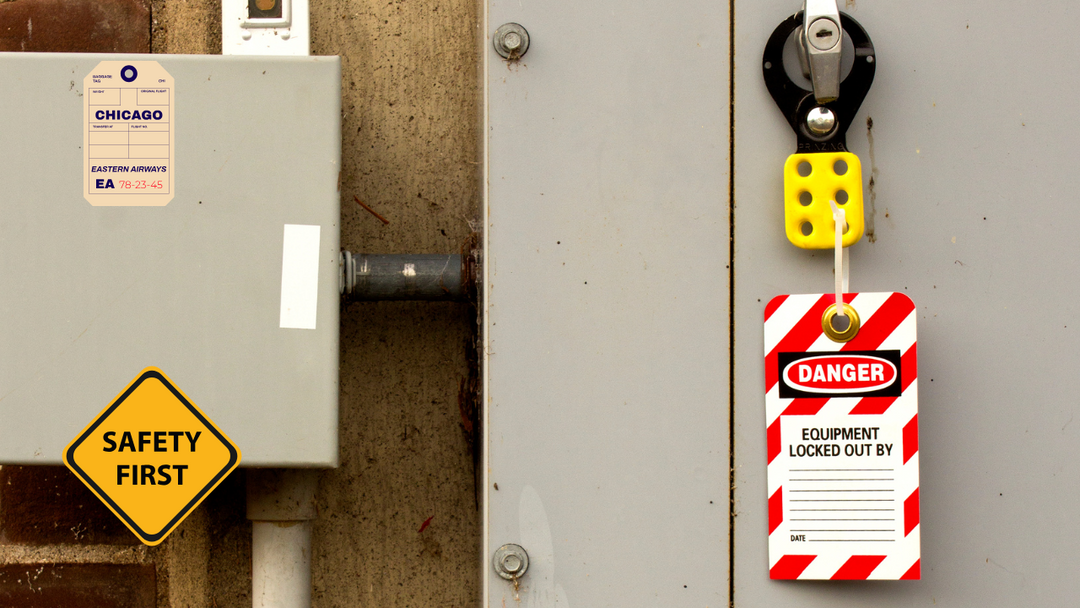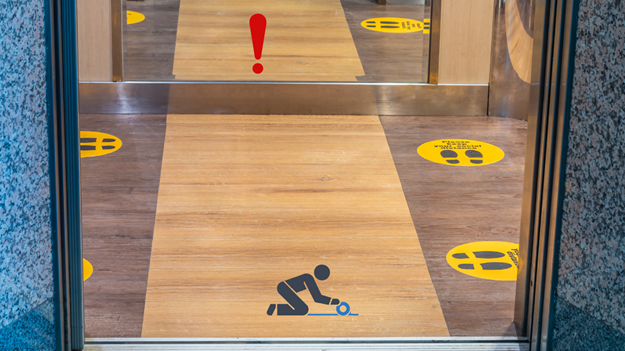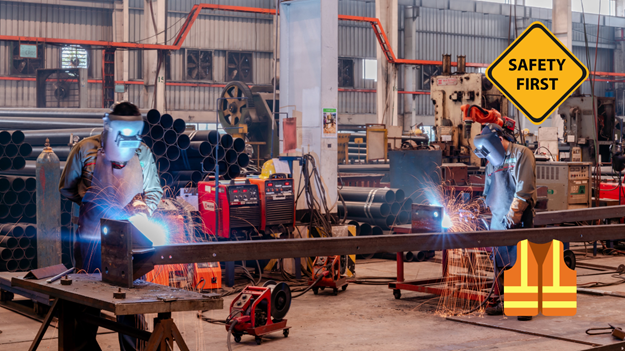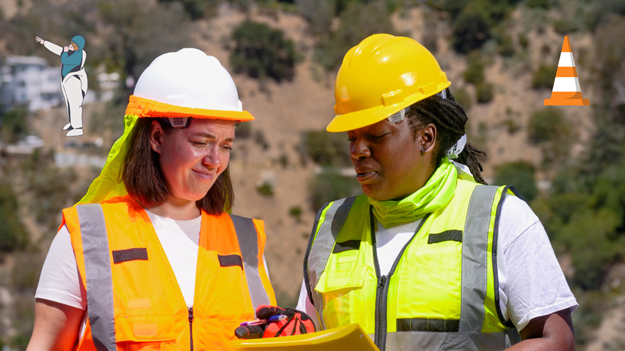Boosting Productivity: Continuous Improvement in Mining Guide
Introduction to Continuous Improvement in Mining
The mining industry is constantly evolving, with new challenges and opportunities emerging every day. To stay competitive and efficient, mining companies must embrace continuous improvement in mining—a strategic approach to enhancing productivity, reducing waste, and improving safety. By implementing structured methodologies, mining operations can achieve long-term efficiency and cost-effectiveness while ensuring mining safety for workers and the environment.
Why Continuous Improvement Matters in the Mining Industry
Mining is a resource-intensive industry that requires constant optimization. Without a focus on continuous improvement, companies risk falling behind due to inefficiencies, high operational costs, and safety concerns. Here’s why continuous improvement is crucial:
Increased Productivity – Streamlining processes reduces downtime and enhances output.
Cost Reduction – Eliminating waste leads to better resource utilization and lower expenses.
Improved Safety – Identifying risks and implementing preventive measures protect workers.
Sustainability – Efficient mining practices reduce environmental impact and meet regulatory standards.
Companies that invest in continuous improvement frameworks can enhance their operational efficiency in mining, ensuring they remain competitive in a demanding industry.
Key Principles of Continuous Improvement in Mining
To effectively implement continuous improvement in mining, companies should focus on these core principles:
Standardization—Establishing clear, repeatable processes reduces variability and increases efficiency.
Elimination of Waste – Identifying and removing non-value-added activities optimizes production.
Employee Involvement – Encouraging worker participation fosters a culture of innovation.
Data-Driven Decision-Making – Using analytics ensures informed business strategies.
Sustainability – Implementing eco-friendly practices aligns with regulatory and social responsibilities.
By adopting these principles, mining companies can create a structured approach to improvement that delivers measurable results.
Strategies for Implementing Continuous Improvement
Mining companies can integrate continuous improvement into their operations through various proven strategies:
Lean Mining Practices for Process Optimization
Lean mining practices apply Lean Manufacturing principles to reduce waste and optimize processes. These include:
Just-in-Time Processing – Reducing excess inventory and improving production flow.
Kaizen in Mining – A philosophy that focuses on small, continuous improvements for efficiency gains.
5S Methodology – Organizing the workplace for efficiency and safety.
Data-Driven Decision-Making
Mining operations generate vast amounts of data. Leveraging real-time analytics allows companies to:
Monitor Equipment Performance – Prevent unplanned downtime and optimize machinery.
Enhance Resource Allocation – Ensure materials and workforce are used effectively.
Improve Predictive Maintenance – Detect potential failures before they occur.
Employee Training and Engagement
Employees play a critical role in continuous improvement efforts. Training programs help miners:
Understand New Technologies – Ensuring smooth adoption of automation and AI.
Enhance Safety Awareness – Reducing workplace accidents and improving compliance.
Foster a Culture of Innovation – Encouraging workers to suggest and implement process improvements.
Mining Risk Management: Enhancing Safety and Compliance
One of the key aspects of continuous improvement is mining risk management. This involves identifying potential hazards, assessing their impact, and implementing control measures. Some best practices include:
Regular Risk Assessments – Conducting routine checks to identify potential hazards.
Emergency Preparedness Plans – Developing response strategies for mining incidents.
Compliance with Safety Regulations – Adhering to industry standards and government guidelines.
Use of Advanced Safety Equipment – Implementing modern protective gear and technology.
A strong mining risk management system ensures both worker safety and operational efficiency.
Technology’s Role in Mining Process Optimization
Mining companies are increasingly turning to cutting-edge technologies to drive efficiency. Some of the most impactful innovations include:
Automation and Robotics – Reducing labor-intensive tasks and minimizing human errors.
Artificial Intelligence (AI) and Machine Learning – Enhancing decision-making through predictive analytics.
Internet of Things (IoT) Sensors – Monitoring equipment conditions in real time.
Digital Twins – Creating virtual replicas of mining sites to test and improve processes.
By integrating these technologies, mining companies can reduce costs, enhance safety, and improve overall productivity.
Case Studies: Successful Mining Improvement Initiatives
Many leading mining companies have already seen significant benefits from continuous improvement initiatives. Here are some real-world examples:
Automated Haulage Systems – Mining giants have implemented driverless trucks, reducing fuel consumption and operational costs.
Real-Time Data Monitoring – Companies using IoT sensors have improved predictive maintenance, avoiding costly breakdowns.
Lean Mining Implementation – Operations that adopted lean methodologies reduced processing times by up to 30%.
These success stories demonstrate how continuous improvement strategies can transform mining operations.
How .Archford Supports Continuous Improvement in Mining
When it comes to mining efficiency, having the right resources and tools is essential. .Archford provides comprehensive solutions to help mining companies optimize their processes.
Mining Labels & Safety Tags – Ensure proper documentation and compliance.
Printing Guides – Get access to high-quality custom labeling solutions.
Continuous Improvement Resources – Learn how to streamline your operations effectively.
For expert guidance, visit .Archford and explore their Continuous Improvement in Mining Guide to take your mining operations to the next level!
The Ultimate Guide to Workplace Safety: Best Practices for Every Industry
|
Safety Guide |
Tips |
|
Implement Sort, Set in Order, Shine, Standardize, and Sustain for workplace efficiency. |
|
|
Use proper labels with voltage ratings, approach boundaries, and PPE requirements to ensure electrical safety. |
|
|
Apply lean methodologies like Kaizen and Six Sigma to enhance operational efficiency. |
|
|
Ensure all hazardous materials are labeled with correct pictograms, signal words, and hazard statements. |
|
|
Use proper lockout devices and tags to prevent accidental energy releases during maintenance. |
|
|
Follow standard color codes and label pipes at regular intervals for easy identification. |
|
|
Place warning signs in high-risk areas to comply with OSHA standards and improve workplace safety. |
|
|
Use AS 1345 standard colors and labels for accurate pipe identification in Australian industries. |
|
|
Add ‘Safety’ to the 5S system to further enhance workplace organization and hazard prevention. |
|
|
Use different colors for specific zones—e.g., red for fire hazards, yellow for caution, and green for safety paths. |
|
|
Encourage small, continuous improvements by involving employees in process optimization. |
|
|
Use visual signals to manage workflow and reduce inefficiencies in production. |
|
|
Implement proper PPE, ventilation, and emergency procedures to ensure worker safety in mining operations. |
|
|
Use durable, heat-resistant labels to prevent misidentification of electrical wiring. |
|
|
Maintain clear aisles, proper signage, and forklift safety measures to reduce accidents. |
|
|
Optimize layout, use barcode scanning, and implement inventory tracking systems for smooth operations. |
|
|
Use consistent signage, color-coded paths, and lighting to improve navigation. |
|
|
Keep floors dry, use anti-slip mats, and mark hazard areas to prevent workplace injuries. |
|
|
Use labels, floor markings, and visual boards to improve communication and organization. |
|
|
Clearly label valves with durable tags to ensure safe and proper operation. |
Final Thoughts
The mining industry is evolving, and companies that adopt continuous improvement strategies will stay ahead of the curve. By focusing on process optimization, employee engagement, and technological advancements, mining companies can:
- Reduce costs
- Increase safety
- Enhance sustainability
- Boost productivity
With .Archford’s industry-leading resources, businesses can implement effective continuous improvement strategies that drive long-term success.
Start your journey towards a more efficient mining operation today!
Frequently Asked Questions (FAQs)
1. What is Continuous Improvement in Mining?
Continuous Improvement in Mining is a systematic approach to enhancing operational efficiency, safety, and sustainability through ongoing process optimization.
2. Why is continuous improvement important for mining companies?
It helps reduce costs, improve productivity, enhance safety, and meet environmental regulations while staying competitive in the market.
3. How can data analytics improve mining operations?
By providing real-time insights, data analytics allows companies to optimize resource use, predict equipment failures, and improve overall decision-making.
4. What role does Kaizen play in mining?
Kaizen in Mining focuses on making small, continuous improvements that enhance efficiency, reduce waste, and improve safety over time.
5. How can .Archford help with continuous improvement in mining?
.Archford offers safety labels, custom printing solutions, and industry resources to support mining companies in their continuous improvement efforts. Visit .Archford to learn more.

